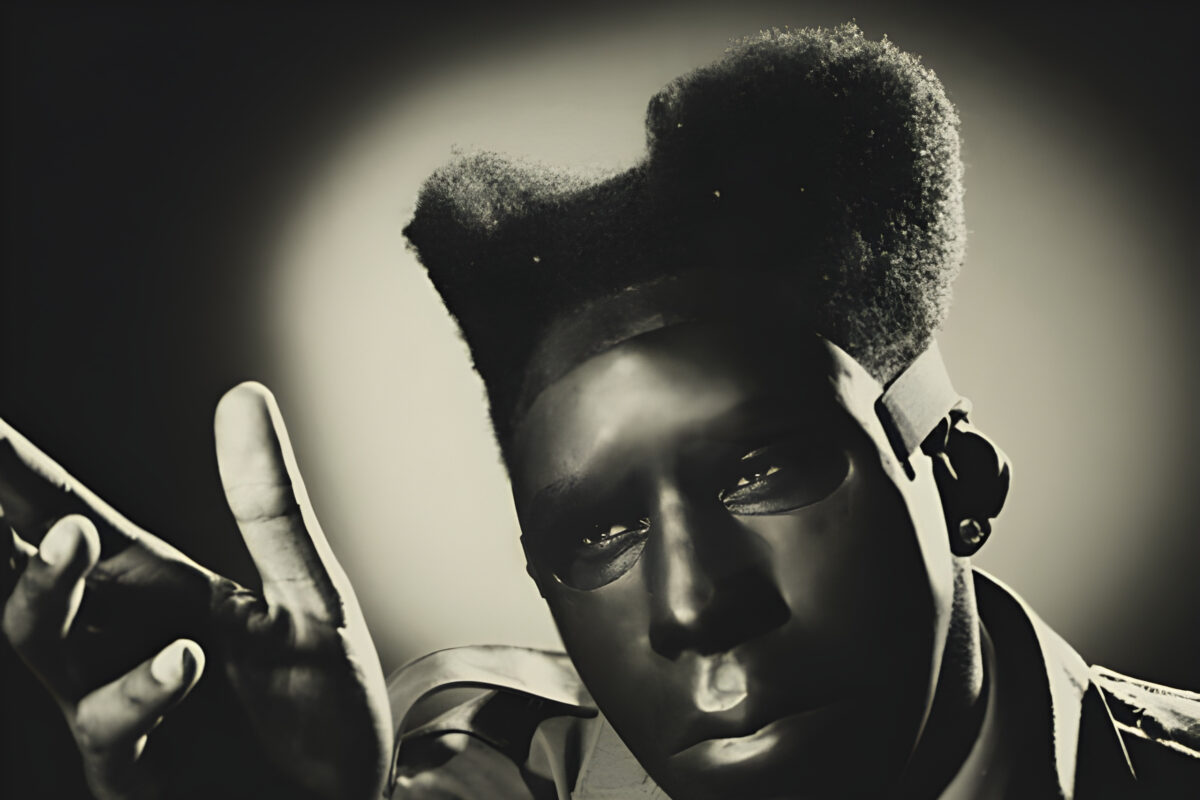Released: 2024
Tyler, The Creator’s ‘Like Him,’ featuring Lola Young, dives into the profound impact of a father’s absence, exploring identity, guilt, and the pursuit of understanding oneself. Tyler narrates a deeply personal journey, questioning how he mirrors a figure who wasn’t present, highlighting the nuances of inherited traits and emotional complexities tied to paternal relationships.
The song opens with an almost startled realization from Tyler, as he notices how closely he physically resembles his absent father. The vivid descriptions of inherited physical traits—such as his feet, body, and expressions—highlight a conflict within Tyler, who struggles with the external resemblance to someone he internally feels detached from. The repetitive assertion ‘Like him’ underscores his confusion and the haunting nature of this realization.
In the hook, Tyler confesses to his mother that he feels as though he’s ‘chasing a ghost.’ This metaphor illustrates the futility and emotional distress of searching for a connection or approval from someone absent, unknown, or unreachable. Tyler’s use of ‘ghost’ here signifies both the ethereal presence of his father’s memory and the intangibility of his own understanding of who he is, or might have been, had things been different.
The chorus builds on this sentiment, amplifying the emotional weight of this search. Tyler questions whether he looks like his father, tying physical resemblance to a deeper quest for identity and acceptance. It conveys the idea of longing and curiosity about traits or aspects of self that are inherited rather than consciously chosen, yet remain profoundly impactful.
Lola Young’s contribution adds an emotional depth and contrast to Tyler’s reflections, presenting the longing for ‘love and affection’ that seems to have been missing. She speaks to the emotional void that exists, wondering how she can miss something she never had. This underlines a common feeling among children who grew up without one parent, craving protection and attention while reconciling their identity in their absence.
Her words introduce an understanding, offering assurance against judgment. Despite the absence, she acknowledges that life proceeded, indicating resilience and adaptability in the face of this void. The refrain of ‘like him’ juxtaposes against the lived experiences without him, suggesting the duality of wanting connection but recognizing life’s reality without it.
In a particularly raw segment, Tyler assumes ownership for some past mistakes and decisions, voicing apologies and acknowledging his own shortcomings. He highlights the regret that comes from youth and misguided choices, differentiating his own faults from his father’s perceived absence. This moment brings an element of accountability, shifting focus from absent anger to personal growth and understanding.
The track is structured to oscillate between introspection and resolution, using repetition as a tool to emphasize inner conflict. The final segments underscore Tyler’s attempt to absolve his father, urging the listener to understand the narrative of absenteeism from a less judgmental perspective. Tyler emphasizes forgiveness, attempting to bridge gaps created by time and circumstance.
In the narrative’s resolution, there’s a distinct effort to unburden the absent father of blame. By stating ‘It was my fault,’ Tyler invites compassion for his father, depicting him as a ‘good guy’ with the intent to connect, thus reshaping his father’s image from villain to victim of circumstance, complicating the simple absent father narrative.
Ultimately, ‘Like Him’ captures a deep introspective exploration of self, through the lens of inherited characteristics and parental influence. The song sheds light on Tyler’s personal reconciliation with his father’s absence, focusing on understanding and forgiveness. Through its raw honesty and emotional depth, it speaks to anyone grappling with similar issues, extending a narrative of empathy and personal acceptance.








